 Over the weekend, a prominent personality in the bitcoin and blockchain sector, Bruce Fenton, addressed Jack Dorsey, CEO of Block, Inc., through a post on the social media platform X. Fenton asserts that Dorsey owes an explanation, as Twitter’s senior leadership has faced accusations of orchestrating one of the most significant acts of censorship in […]
Over the weekend, a prominent personality in the bitcoin and blockchain sector, Bruce Fenton, addressed Jack Dorsey, CEO of Block, Inc., through a post on the social media platform X. Fenton asserts that Dorsey owes an explanation, as Twitter’s senior leadership has faced accusations of orchestrating one of the most significant acts of censorship in […]
Block Inc. outperformed analyst expectations and saw its share price jump in after-hours trading, but its Bitcoin revenue dipped due to price declines.
Jack Dorsey’s payment company Block Inc. reported $1.83 billion of Bitcoin (BTC) revenue from its Cash App business unit in the fourth quarter, representing a 7% fall from the same time last year.
In its Q4 and full-year results announced on Feb. 23, Block attributed the fall in Bitcoin revenue to the decline in BTC price in the year. Bitcoin fell approximately 65% throughout 2022.
This fall in revenue led to a 25% year-on-year drop in Bitcoin gross profit for Cash App, which fell to $35 million in the quarter.
Cash App is a mobile phone payment processing app created by Block, which added support for transactions via the Bitcoin Lightning Network on Oct. 25. It generates Bitcoin revenue by selling Bitcoin to customers through the app.

For the full 2022 year, Cash App generated $7.11 billion of Bitcoin revenue and $156 million of Bitcoin gross profit, down 29% and 28% compared to 2021, respectively.
Meanwhile, Block Inc. reported a widened net loss of $114 million for the quarter compared to a loss of $77 million in 2021. Its adjusted earnings before interest, tax, depreciation and amortization (EBITDA) increased 53% to $281 million compared to the same time last year. Total revenue in the quarter was $4.65 billion.
Related: Bitcoin bears attempt to pin BTC price under $23K ahead of this month’s options expiry
The share price of Block jumped in after-hours trading following the earnings report.

Some analysts have attributed the jump to the firm’s gross profit growth, which was up 40% in Q4 compared to the prior year, and also beat analyst expectations.
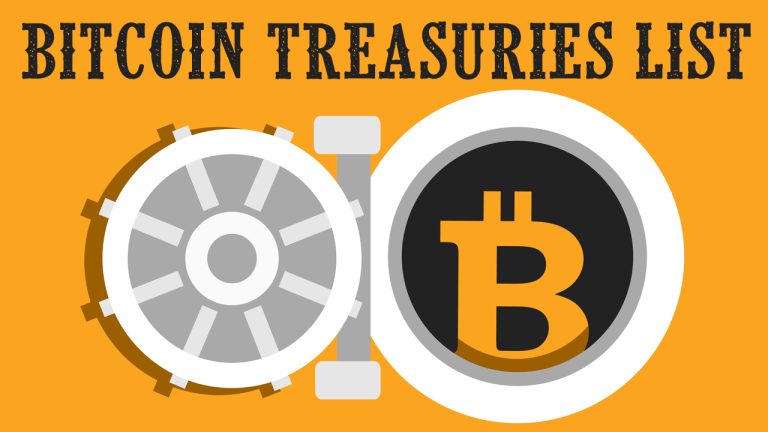 During the last two years, a number of public and private companies, exchange-traded products (ETPs), and countries have added bitcoin to their balance sheet. However, during the last nine months of 2022, the number of bitcoin stored in these types of treasuries dropped by 57,481 bitcoin, worth around $1.1 billion using today’s exchange rates. $1.1 […]
During the last two years, a number of public and private companies, exchange-traded products (ETPs), and countries have added bitcoin to their balance sheet. However, during the last nine months of 2022, the number of bitcoin stored in these types of treasuries dropped by 57,481 bitcoin, worth around $1.1 billion using today’s exchange rates. $1.1 […]
Block Inc. posted $1.47B worth of profit in Q2 but BTC trading services profit only accounted for $41 million of that figure, with the firm citing price volatility and a lack of consumer demand.
Former Twitter CEO Jack Dorsey’s digital payments firm Block Inc. saw its year-on-year (YoY) profits soar 29% to $1.47 billion in Q2, though its Bitcoin business slumped on decreased customer demand and a fall in Bitcoin (BTC) prices.
The financial services firm primarily generates Bitcoin revenue by providing BTC trading services via its digital payments application Cash App.
Block Inc. noted the business generated $1.79 billion of Bitcoin revenue in the quarter, down 34% YoY, while Bitcoin gross profit was only $41 million, which suggests it may be a high-cost venture to provide Bitcoin services to its customers.
Block Inc. said the fall in Bitcoin revenue was attributed to “broader uncertainty” in crypto assets, stating:
“The year-over-year decrease in Bitcoin revenue and gross profit was driven primarily by a decline in consumer demand and the price of bitcoin, related in part to broader uncertainty around crypto assets, which more than offset the benefit of volatility in the price of Bitcoin during the quarter.”
However, Block Inc. emphasized that the BTC profit slump doesn’t reflect the broader performance of the business. It also noted that BTC profits will likely fluctuate over time as a result of “changes in customer demand or the market price of Bitcoin.”
The company also noted that it recognized a $36 million impairment loss on its BTC holdings, however this is likely just a loss on paper.
Under U.S. accounting procedures, crypto is classified as an intangible asset on balance sheets and companies must report a loss when the price of the asset drops below its cost basis, even if a gain or loss has been realized through a sale during the given quarter.
The company noted that as of June 30, 2022, the fair value of its investment in Bitcoin is $160 million based on market prices.
Related: Interview with Kevin O’Leary: $28K Bitcoin next or lower? | Market Talks with Crypto Jebb
Investors appear un-impressed with Block Inc.’s performance in Q2 however, as the firm’s stock SQ has dipped by 7.42% in after-hours trading to sit at $83 at the time of writing.
Bloomberg suggested this was due to the company reporting lower than expected transaction volume at $52.5 billion, as opposed to the estimated $53.47 billion.
Dorsey, the fervent Bitcoin maxi, has been relatively quiet about his plans for digital gold since announcing that Block Inc. was bypassing the Web3 model to build the Bitcoin blockchain-focused Web5 project in June.
Web5 is essentially a decentralized web platform, or DWP, that allows developers to create decentralized web apps via DIDs and decentralized nodes, which will also have a monetary network built around BTC, and not smart contract backed tokenization.
nah pic.twitter.com/RTHLWYjY0L
— jack (@jack) June 16, 2022
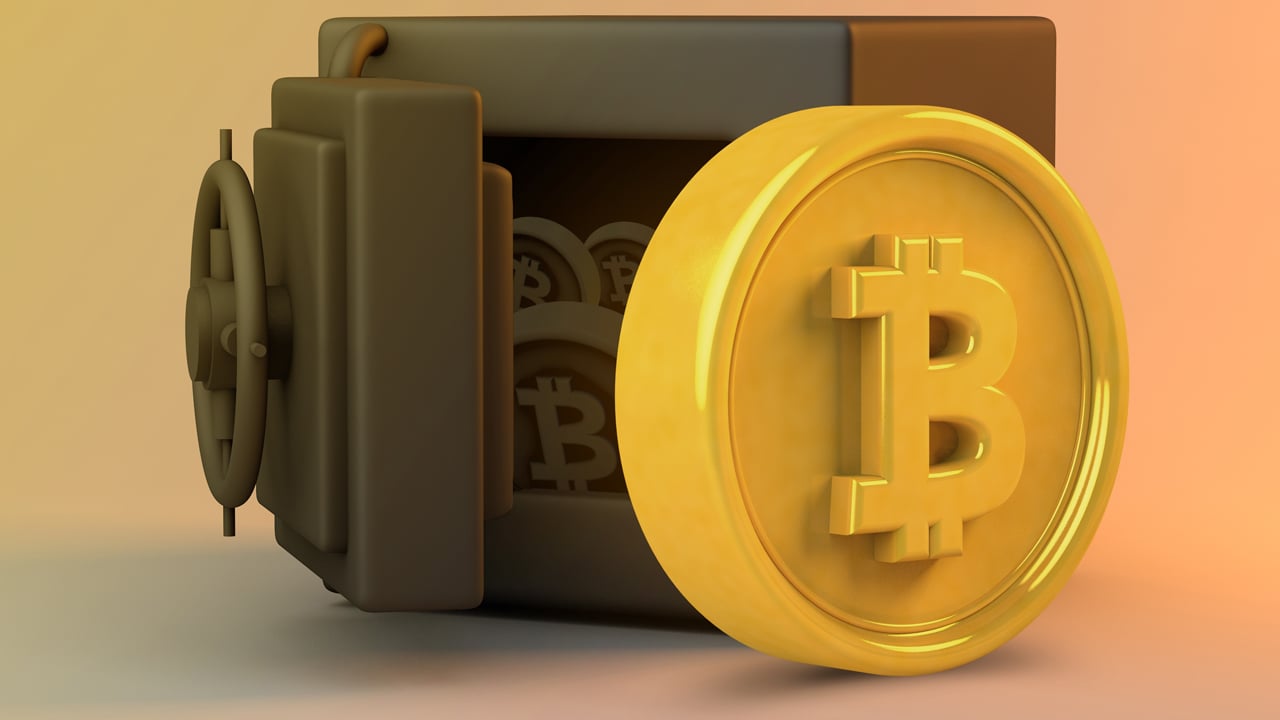 During the 12 months, public companies, private companies, exchange-traded funds, and even countries have added bitcoin to their balance sheets. As of July 17, 2022, the aforementioned types of entities hold approximately 1,325,396 bitcoins worth $27.84 billion today. However, the number of coins stored in bitcoin treasuries has dropped since June 5, 2021, by approximately […]
During the 12 months, public companies, private companies, exchange-traded funds, and even countries have added bitcoin to their balance sheets. As of July 17, 2022, the aforementioned types of entities hold approximately 1,325,396 bitcoins worth $27.84 billion today. However, the number of coins stored in bitcoin treasuries has dropped since June 5, 2021, by approximately […]
Over 9,500 people around the world were surveyed for Block’s 2022 Bitcoin report which showed that more optimistic individuals possessed a greater self-reported knowledge level of the crypto.
A survey from digital payment company Block Inc. has found that the higher respondents rated their own level of cryptocurrency knowledge, the more optimistic they are about the future of Bitcoin (BTC).
Block surveyed more than 9,500 people from the Americas (2,375), EMEA (4,360) and APAC (2,860) regions in January, ensuring to include 100 Bitcoin owners in each region for its 2022 Bitcoin Knowledge and Perceptions Report.
The report, released on May 31, shows a correlation between optimism and the likelihood of purchasing and compared the result with the respondent's self identified level of knowledge.
Of those who identified as having fair to expert knowledge of crypto 41% say they’re “very likely” to purchase Bitcoin in the next 12 months, compared to just 7.9% of those with “limited to no knowledge.”
Despite higher income individuals having slightly more optimism for Bitcoin’s future than lower income individuals, the lower income countries of Nigeria, India, Vietnam, and Argentina reported the highest rates of optimism and the highest claimed levels of cryptocurrency knowledge.

Education and promotion seems like the key to adoption as the biggest reason (cited by 51% of respondents) for not buying Bitcoin was a lack of knowledge. The second most cited reason was the potential risk of theft (32%) and the perception that BTC had too much price volatility (30%) came in third.
The report details that individuals on lower incomes actually use Bitcoin practically, with more than 40% responding they’re most likely to buy it as an easy way to send money or purchase goods.
In comparison higher income people more often consider Bitcoin a way to make money (50%) or to diversify an investment portfolio (30%), however around the same amount (39%) signaled purchasing goods was also a reason they would buy.
Respondents from countries reporting a higher level of income from remittances and lower per-capita gross domestic product (GDP) were more likely to cite a Bitcoin purchase as a good way to send money or purchase goods.

Block also reported a strong correlation between countries with high inflation rates to those who responded that Bitcoin was a “protection against inflation” with 45% of Argentinian respondents using Bitcoin this way, the highest percentage of any country.
Related: Accessibility is the main barrier to crypto adoption — Here are the solutions
As previously reported by Cointelegraph, crypto adoption in Argentina is double the rate of other countries in the region with many turning to Bitcoin attempting to hedge against an inflation rate of nearly 60%.

Overall and across regions, Bitcoin was the cryptocurrency which respondents were most aware of with 88% saying they’ve heard of it which is twice as many as the 43% who say they've heard of Ethereum (ETH).
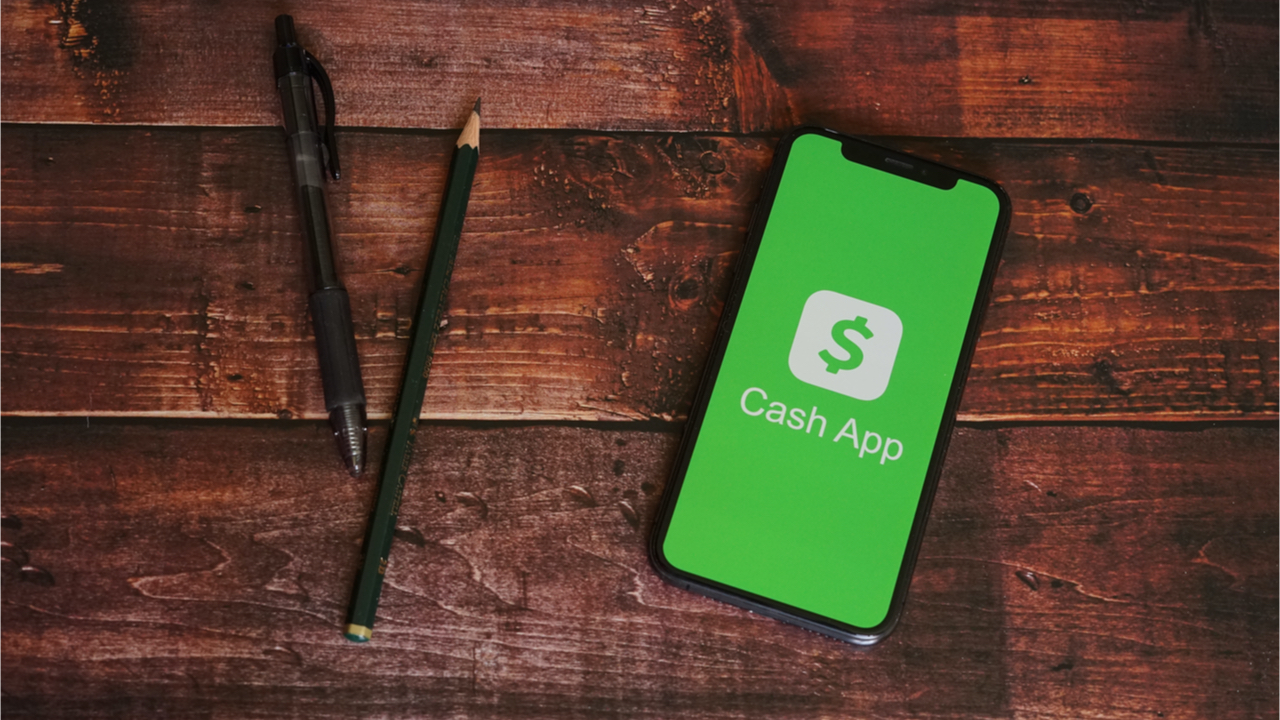 At the Bitcoin 2022 conference in Miami, Block, Inc., formerly Square, Inc., announced three new bitcoin services for the company’s mobile payment platform. The mobile payment platform Cash App will feature a “paid in bitcoin” service that allows users to auto-invest their work pay into bitcoin. Cash App Adds 3 New Bitcoin Services Jack Dorsey’s […]
At the Bitcoin 2022 conference in Miami, Block, Inc., formerly Square, Inc., announced three new bitcoin services for the company’s mobile payment platform. The mobile payment platform Cash App will feature a “paid in bitcoin” service that allows users to auto-invest their work pay into bitcoin. Cash App Adds 3 New Bitcoin Services Jack Dorsey’s […]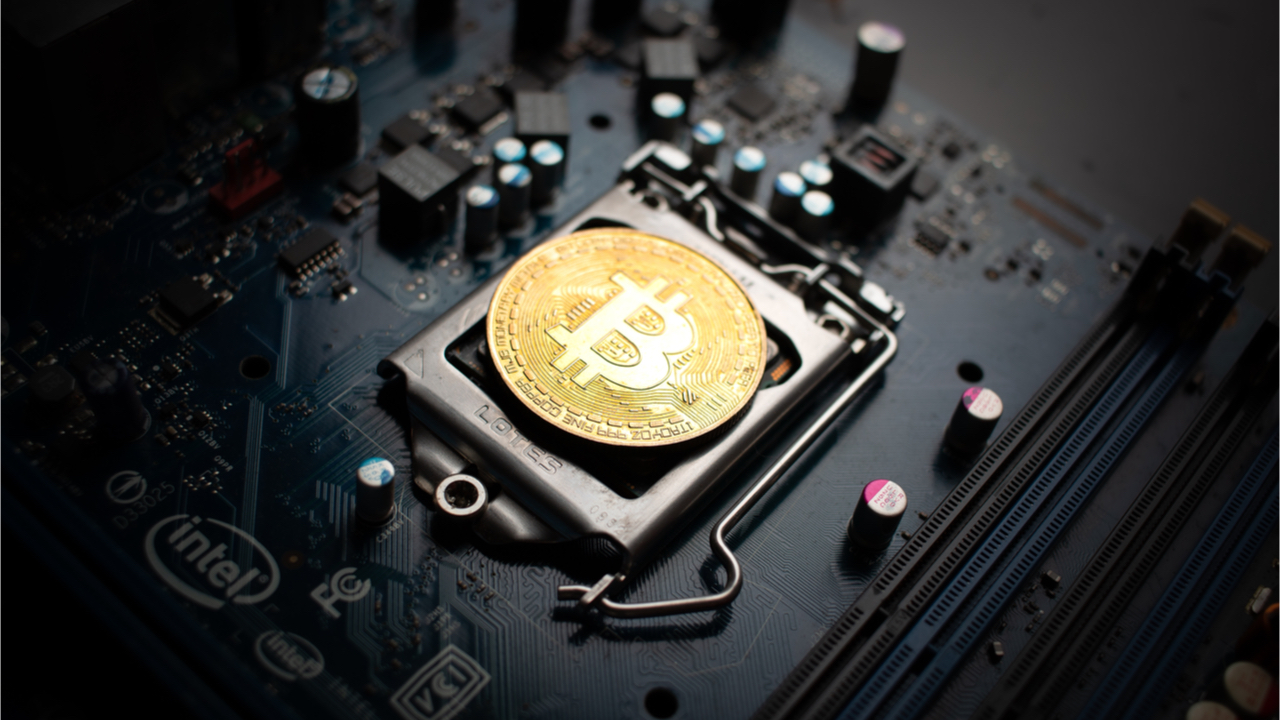 On March 7, the publicly-listed mining firm Hive Blockchain Technologies announced the company inked a deal with Intel to purchase new ASIC mining chips. Additionally, Hive has formed an agreement with an original design manufacturer (ODM) and a non-binding letter of intent with Compute North. Hive said the company plans to deploy 100 MW of […]
On March 7, the publicly-listed mining firm Hive Blockchain Technologies announced the company inked a deal with Intel to purchase new ASIC mining chips. Additionally, Hive has formed an agreement with an original design manufacturer (ODM) and a non-binding letter of intent with Compute North. Hive said the company plans to deploy 100 MW of […]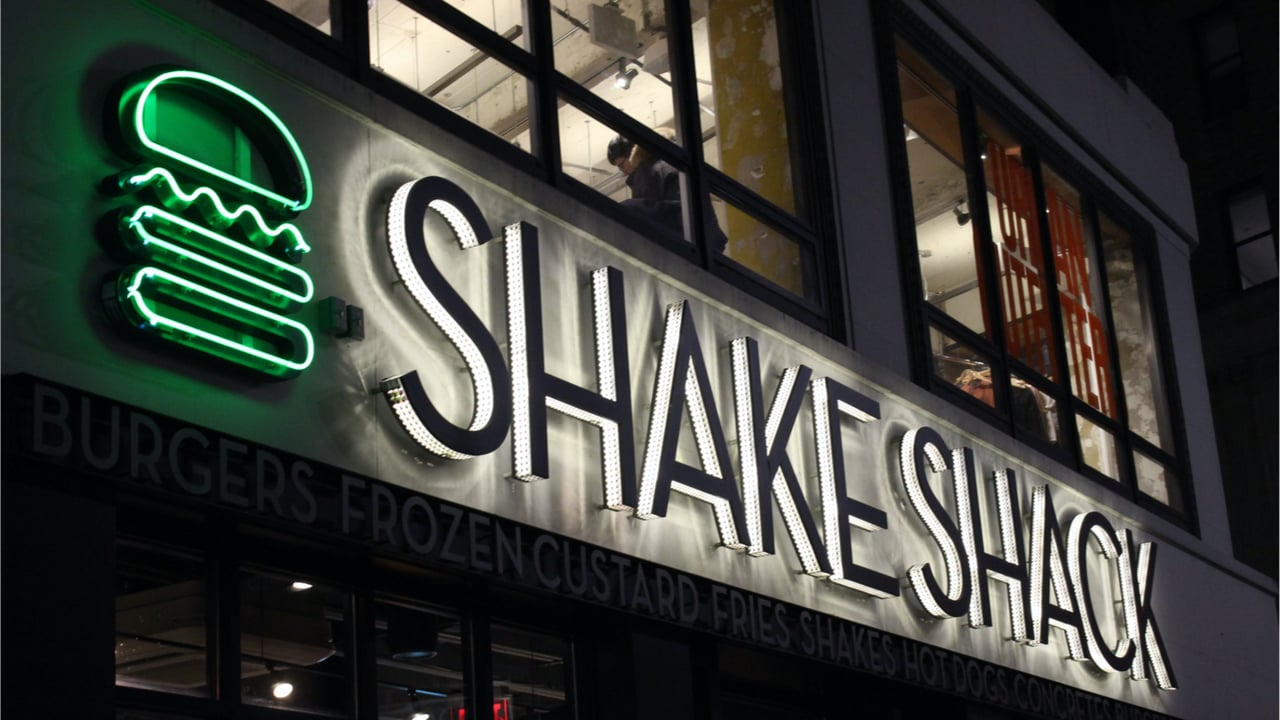 The American fast-food restaurant chain Shake Shack is giving bitcoin rewards to customers leveraging Cash App’s debit card payment rail, Cash Card. According to Shake Shack, participants will get 15% of their purchase back in the form of bitcoin, and the crypto promotion will last until mid-March. Shake Shack Experiments With Bitcoin Trial to Lure […]
The American fast-food restaurant chain Shake Shack is giving bitcoin rewards to customers leveraging Cash App’s debit card payment rail, Cash Card. According to Shake Shack, participants will get 15% of their purchase back in the form of bitcoin, and the crypto promotion will last until mid-March. Shake Shack Experiments With Bitcoin Trial to Lure […] In mid-October 2021, Twitter founder Jack Dorsey revealed the payments firm Block Inc. (formally Square) was considering joining the bitcoin mining industry. Three months later, Dorsey tweeted that his firm was “officially building an open bitcoin mining system.” The Block’s Hardware General Manager: ‘We See Bitcoin Mining as a Long-Term Need for a Future That […]
In mid-October 2021, Twitter founder Jack Dorsey revealed the payments firm Block Inc. (formally Square) was considering joining the bitcoin mining industry. Three months later, Dorsey tweeted that his firm was “officially building an open bitcoin mining system.” The Block’s Hardware General Manager: ‘We See Bitcoin Mining as a Long-Term Need for a Future That […]